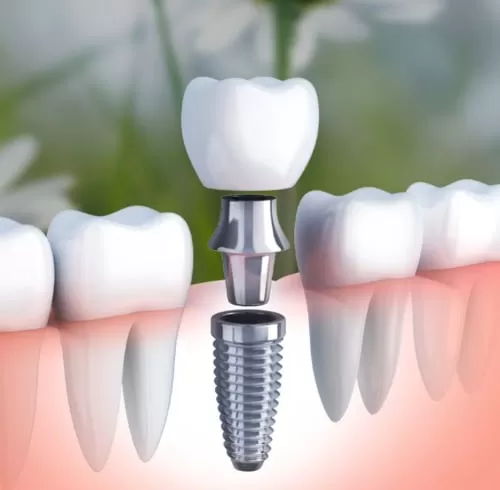Dental Implants for Seniors
Dental health is an essential component of overall well-being, particularly for seniors. As people age, they often encounter various dental issues, including tooth loss. Dental implants have emerged as a highly effective solution for restoring oral function and aesthetics. This article explores the benefits, considerations, and process of dental implants specifically for seniors.

Benefits of Dental Implants
Improved Oral Health: Unlike dentures, which can lead to bone loss over time, dental implants help preserve the jawbone. The titanium post of the implant acts as a root, stimulating bone growth and maintaining the structure of the jaw.
Enhanced Functionality: Dental implants function like natural teeth, allowing seniors to eat a wide variety of foods without discomfort or restrictions. This can significantly improve nutrition and overall health.
Comfort and Convenience: Dental implants eliminate the discomfort associated with removable dentures. Since they are permanently fixed, there is no need for adhesives, and they do not slip or cause sore spots.
Improved Appearance and Confidence: Implants look and feel like natural teeth. They help in maintaining facial structure, preventing the sunken look that can occur with missing teeth, thereby boosting confidence and self-esteem.
Considerations for Seniors
Bone Density: Seniors may have reduced bone density, which can affect the success of dental implants. However, bone grafting techniques can often be employed to build up the jawbone, making implants a viable option.
Overall Health: Conditions like diabetes, osteoporosis, and cardiovascular diseases can influence the healing process. A thorough medical evaluation is necessary to ensure the patient is a good candidate for implants.
Medication and Healing: Certain medications, especially those affecting bone metabolism, can impact the integration of the implant with the bone. It is crucial to discuss all medications with the dental professional.
Cost and Insurance: Dental implants can be expensive, and not all insurance plans cover them. However, many dental practices offer payment plans, and some insurance policies may cover part of the procedure.
The Implant Process
Consultation and Planning: The first step involves a comprehensive dental exam, including X-rays and 3D imaging, to assess the condition of the jawbone and plan the placement of the implants.
Placement of the Implant: The titanium post is surgically placed into the jawbone. This process usually requires local anesthesia and can be completed in one visit.
Osseointegration: Over several months, the implant integrates with the jawbone in a process called osseointegration. This creates a solid foundation for the artificial tooth.
Abutment Placement: Once the implant is securely integrated, an abutment is placed on top of the implant to hold the artificial tooth.
Crown Placement: The final step is attaching the custom-made crown to the abutment. The crown is designed to match the color and shape of the natural teeth for a seamless appearance.
Dental implants offer a durable, natural-looking solution for seniors facing tooth loss. They provide significant benefits in terms of functionality, comfort, and aesthetics, contributing to better overall health and quality of life. While there are considerations to take into account, advancements in dental technology and techniques have made implants a feasible option for many seniors. With proper care and maintenance, dental implants can last a lifetime, making them a worthwhile investment for those seeking to restore their smiles.
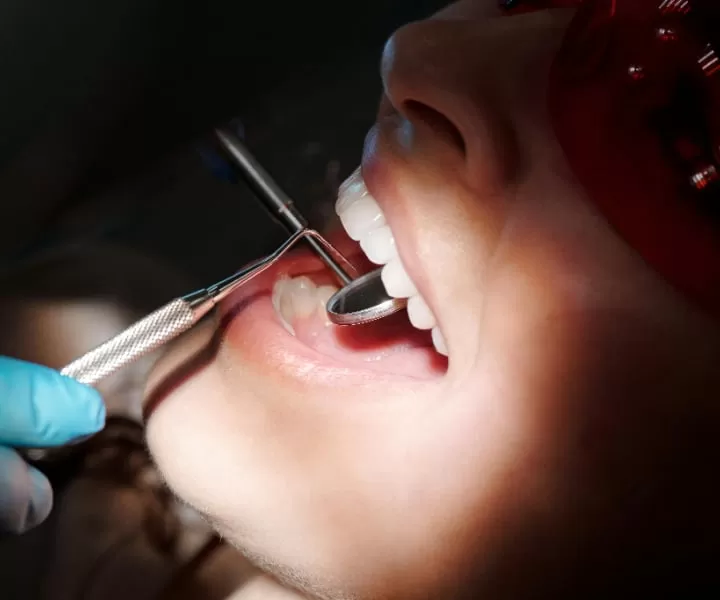
Your Guide To Dental Replacements: Bridges Or Implants
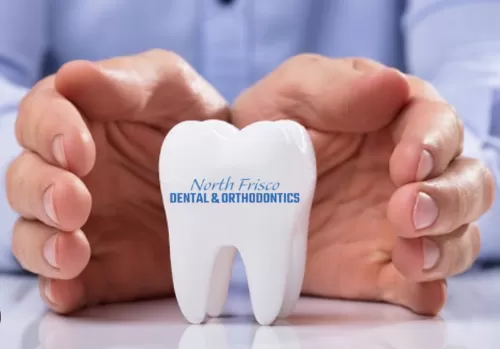
Understanding Dental Insurance: What You Need to Know

Enhancing Your Smile: The Transformative Power of Cosmetic Dentistry

Dental Replacement: Find Local Solutions for Your Smile Today

Understanding Dental Implants: A Complete Guide
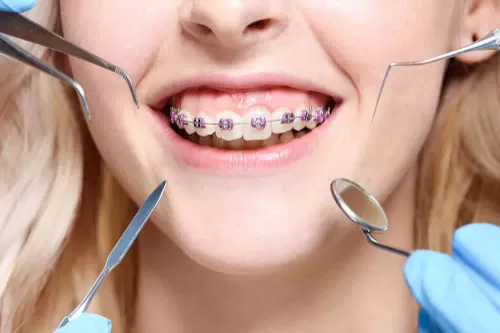
Transform Your Smile with Orthodontics: Achieving Straighter Teeth and Greater Confidence
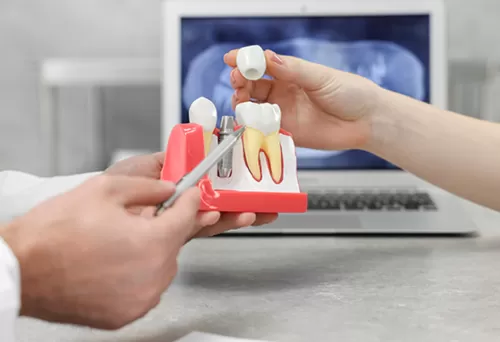
Transform Your Smile with Affordable Dental Implants


